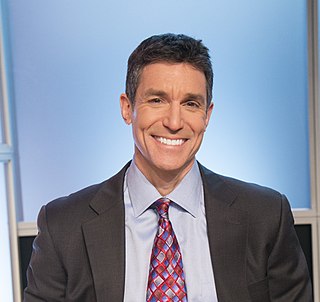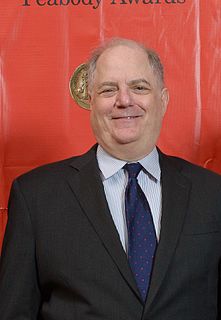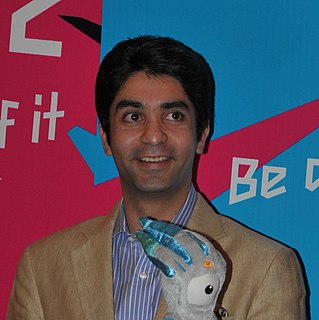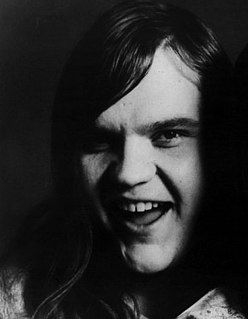A Quote by Richard Flanagan
There is a crisis that is not political - an epidemic of loneliness, of sadness - and we're completely unequal to dealing with it.
Quote Topics
Related Quotes
SADNESSES OF THE INTELLECT: Sadness of being misunderstood [sic]; Humor sadness; Sadness of love wit[hou]t release; Sadne[ss of be]ing smart; Sadness of not knowing enough words to [express what you mean]; Sadness of having options; Sadness of wanting sadness; Sadness of confusion; Sadness of domes[tic]ated birds; Sadness of fini[shi]ng a book; Sadness of remembering; Sadness of forgetting; Anxiety sadness.
Not everyone is sold on crisis consultants. Linda Gray, assistant vice president and director of news and information at the University of Central Florida in Orlando, says that to a certain extent, the worse the crisis, the closer to home you should deal with it. .. You ought to be dealing with the crisis, not explaining things to somebody else.
Usually we regard loneliness as an enemy. Heartache is not something we choose to invite in. It's restless and pregnant and hot with the desire to escape and find something or someone to keep us company. When we can rest in the middle, we begin to have a nonthreatening relationship with loneliness, a relaxing and cooling loneliness that completely turns our usual fearful patterns upside down.
Brod discovered 613 sadnesses, each perfectly unique, each a singular emotion, no more similar to any other sadness than to anger, ecstasy, guilt, or frustration. Mirror Sadness. Sadness of Domesticated Birds. Sadness of Being Sad in front of One's Parent. Humor Sadness. Sadness of Love Without Release.





































